
The Occidental Model United Nations (MUN) club is taking center stage in the annual UN week at Occidental as an outlet for students looking to merge public speaking with global conflict resolution. MUN has been gaining momentum after a few years of inactivity and is traveling to a conference at UCLA April 11–13, according to club treasurer Sam Nussbaum (first year).
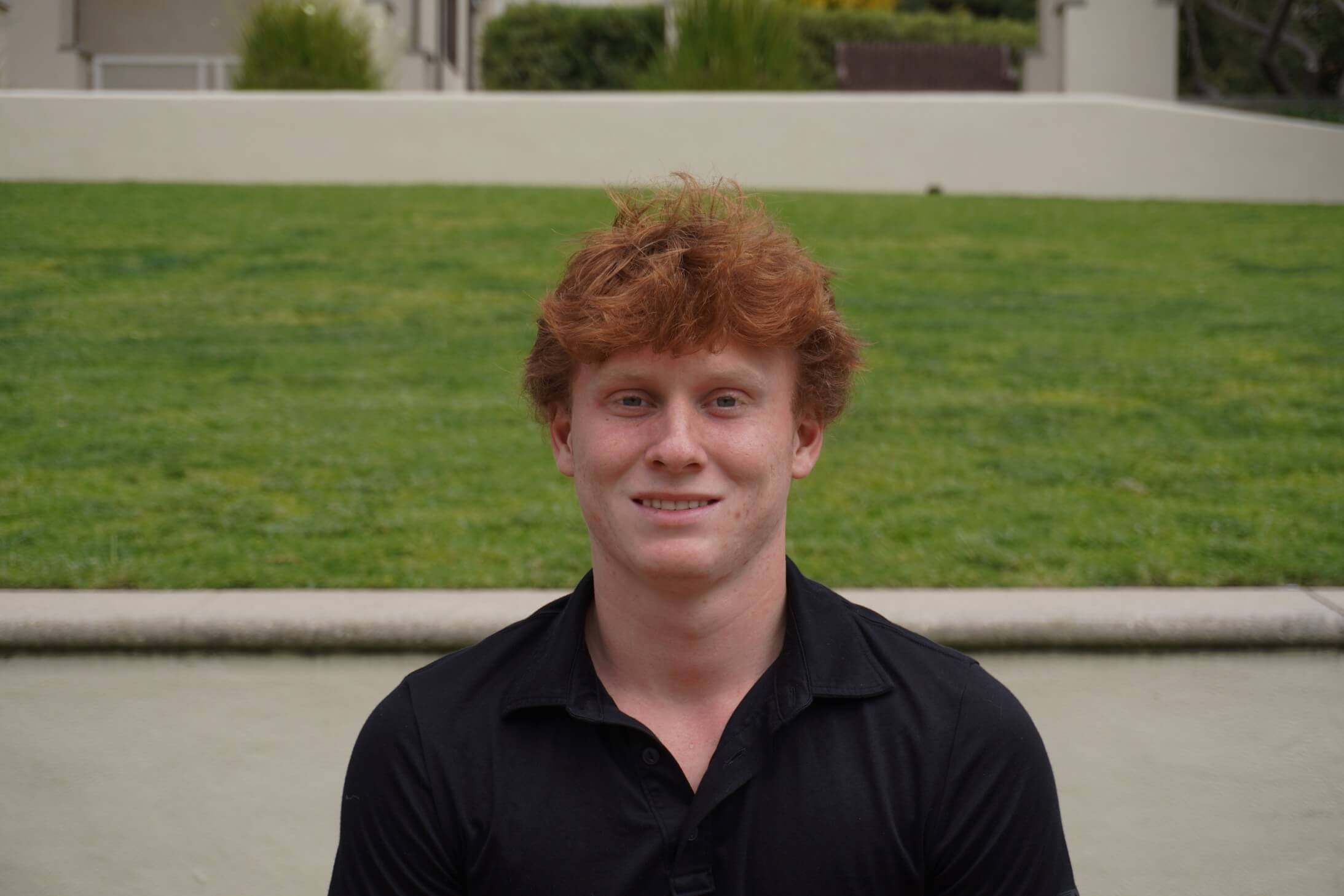
Club President Sasha Learner (first year) said that MUN has had a presence at Occidental for decades, sending students to conferences where they serve as delegates in committees that resemble multilateral bodies in the UN. According to Learner, the club has seven slots to assign student delegates to a variety of different committees at the UCLA conference.
Student delegate Quentin Folds (first year) said he participated in a joint crisis committee at the University of California, Berkeley conference Feb. 29–March 3. According to the MUN website, crisis committee delegates must take on a new character, such as a news reporter, ambassador or fictional persona. Folds said two crisis committees were given the same issues and tasked with drafting solutions on opposite sides of the spectrum. In the end, Folds said the committees work together to see where they stand.
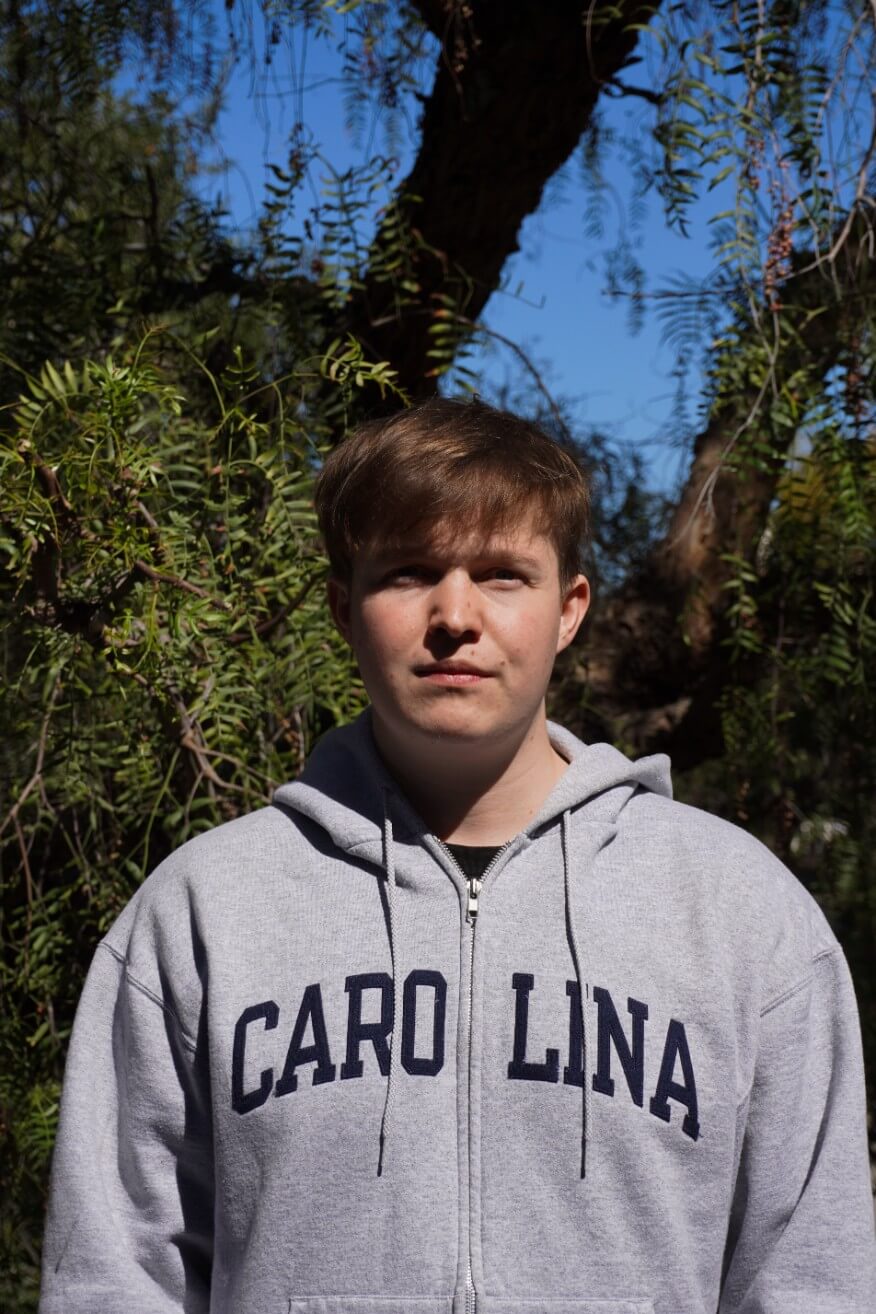
“Ours was entirely fantasy-oriented […] Some of the solutions we put in place were not logical,” Folds said.
Nussbaum said that the club is open to all students and that it is a great opportunity to meet students from other institutions.
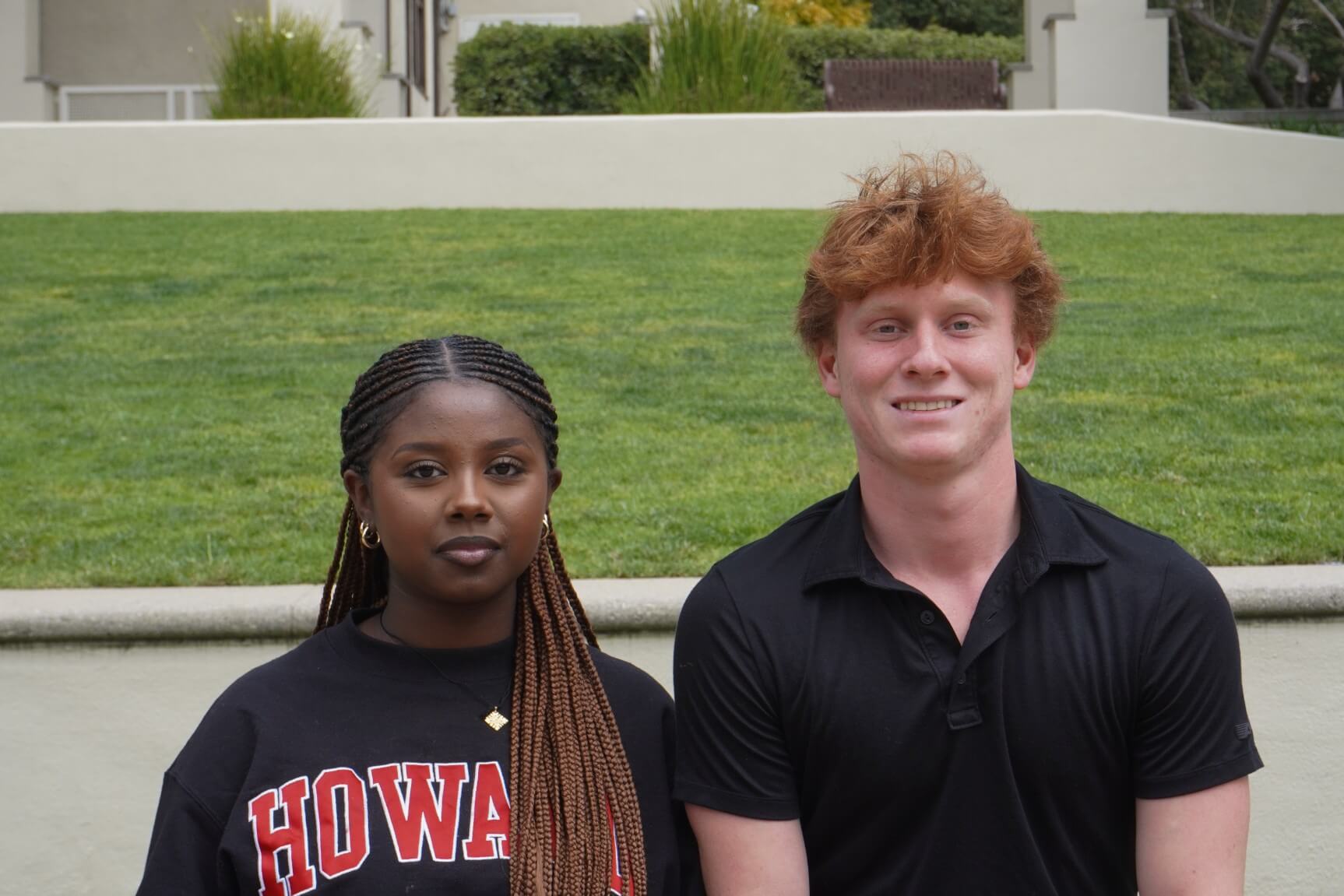
“You have to work with and work against either a dozen [to] 100 kids from colleges across the country,” Nussbaum said.
According to Learner, the MUN club is working in tandem with professor Chris Fennessy’s MUN class to train students for the UCLA conference. Learner** said that student delegates in the club who are not enrolled in the class attend three mandatory training sessions.
“In the future, we’d like [the class] to be more of a pipeline into the club,” Learner said.
Fennessy said he was hired to teach during the COVID-19 pandemic, after helping organize a high school MUN conference hosted at Occidental. Occidental has hosted multiple high school conferences, including MUN of the Far West (MUNFW) in 1971 and 1976, according to MUNFW archives.
“The restarting of [the high school conference] was hampered by the pandemic,” Fennessy said. “It really needs to be something that comes from the students and from the club interest.”
Fennessy said that one of the beauties of making global solutions in MUN comes from merging public speaking skills with knowledge outside the Southern California perspective.
“You get a more realistic simulation that will lead to solutions that could actually happen,” Fennessy said. “Even if it’s a policy [students] personally wouldn’t advocate for.”
Fennessy said he reflects fondly on instances when students combine flowery MUN language with actual policy research.
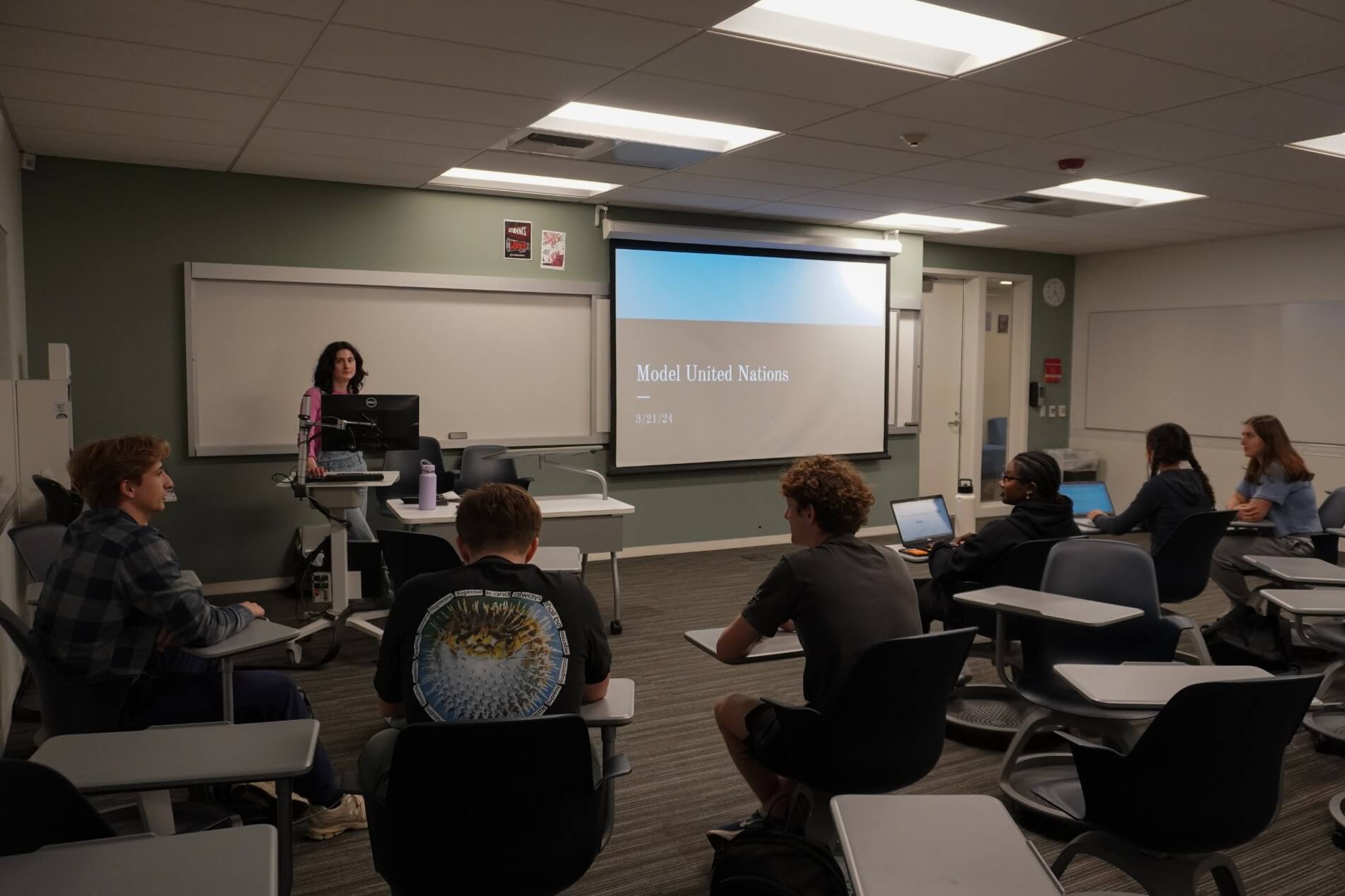
“[A student] said, ‘The Philippines has [7,100] islands, and that’s why we have [7,100] reasons to find a solution to this issue,’” Fennessy said. “It was a great way of getting attention.”
Fennessy said that during UN week, Julian Villa* and Clay Carson* will lead a conference simulation open to all students March 28. According to Fennessy, UN week, the Kahane program and a variety of internships at the UN, are opportunities that make Occidental unique.
“Having [MUN] be a core element of Oxy’s interest and priorities is so clear,” Fennessy said.
According to Nasratullah Elham (junior), MUN is fast-paced and delegates must utilize every opportunity to speak in order to form crucial alliances with other delegates. He said that every committee is different and that he was given a position paper with 5—10 minutes to read, take notes and prepare a speech.
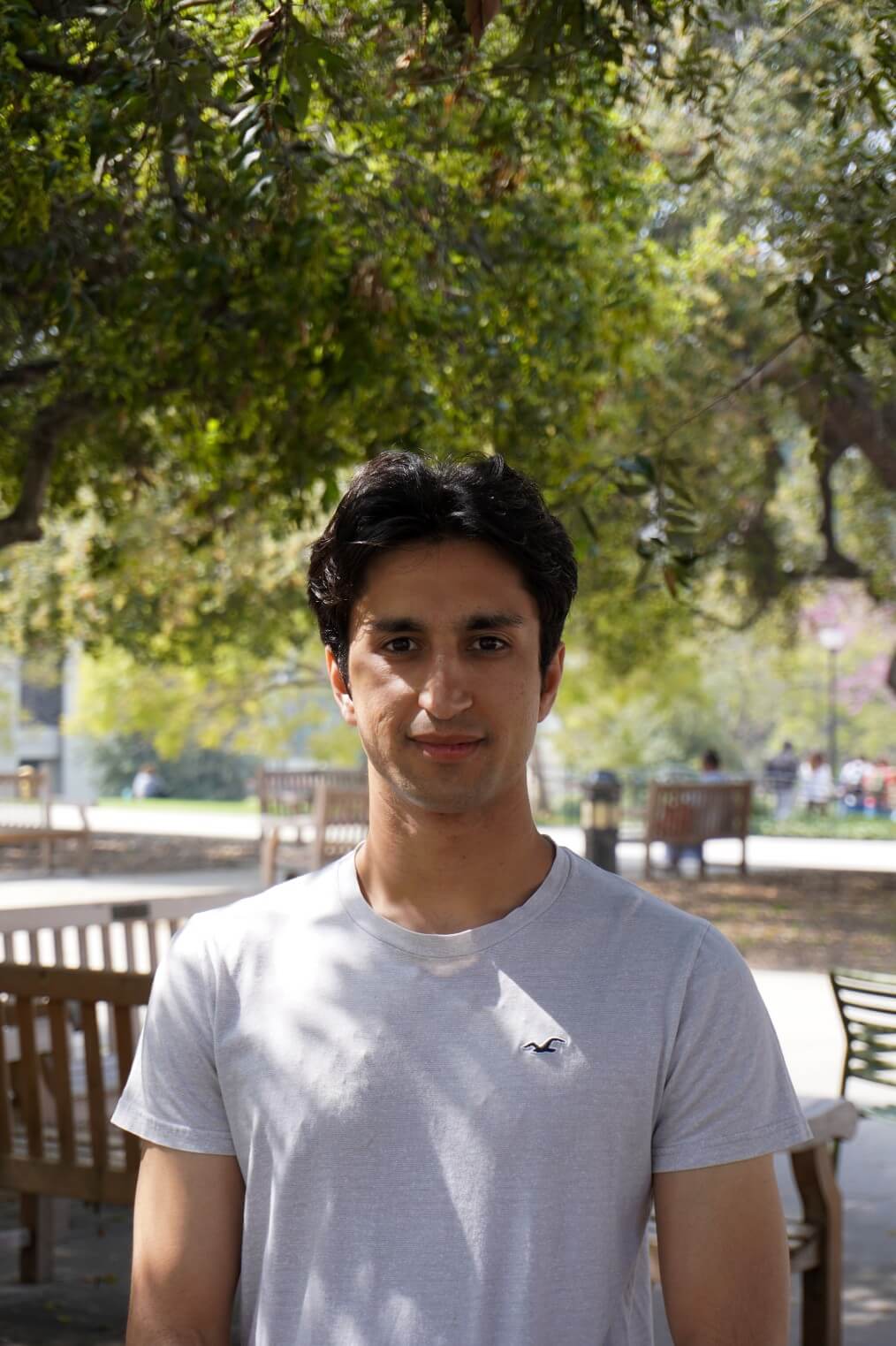
“Sometimes I wouldn’t even be ready,” Elham said. “[They’d say], ‘who wants to speak’ and I would just raise my placard.”
Elham said that if he gets picked first to present his position, he falls back on a formula: start with a hook, present the policy statement clearly, make it appealing and end with a call to action.
“People don’t listen to you for too long because they have to write their own speeches,” Elham said. “But they listen to you enough to know where you stand.”
Fasika Bekele (first year) said she participated in a crisis committee navigating instability in Somaliland. One of her tasks was to write anonymous notes to crisis staffers to provide crisis updates, she said.
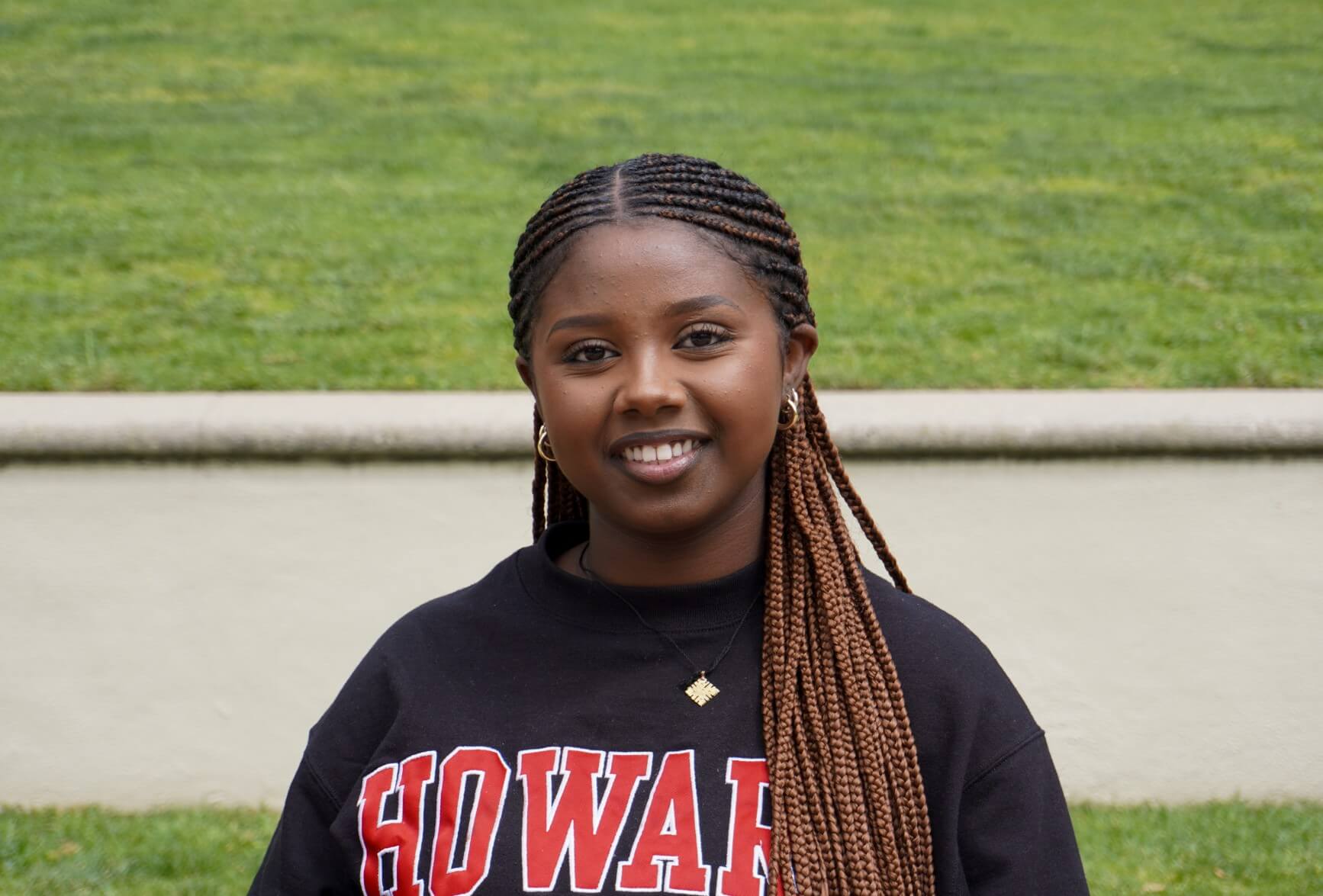
“You build an arc of what you want to happen,” Bekele said. “You can be like, ‘I want this person to be killed and this to be announced.’”
Elham and Bekele said they aspire to be lawyers. Bekele said her ambition originated from learning about Western political influence on African countries and how foreign aid is used for colonizing. Growing up in Ethiopia, she said that she wanted to be a journalist reporting on conflict zones but then realized her appreciation for how MUN engages in direct conflict resolution.
“You have to put yourself in character,” Bekele said. “You actually feel like you are doing something for the world.”
MUN is open to students from any major, according to Elham.
“[In MUN] there are students who have an interest in world affairs, […] there are students who by nature are very competitive […] and there are people who have opinions,” Elham said. “It will not be very hard to recruit that talent.”
Learner said that students should try MUN regardless of their level of experience.
“The best way to prepare yourself for MUN is to be thrown in the deep end,” Learner said. “You’re only going to feel confident once you kind of struggle a little bit in the beginning.”
Contact Yanori Ferguson at yferguson@oxy.edu
*Julian Villa and Clay Carson work for The Occidental newspaper.
**A correction was made at 7:52p.m. to correctly attribute this information. An earlier version of this article attributed this quote to Fennessy, not Learner.
![]()






























